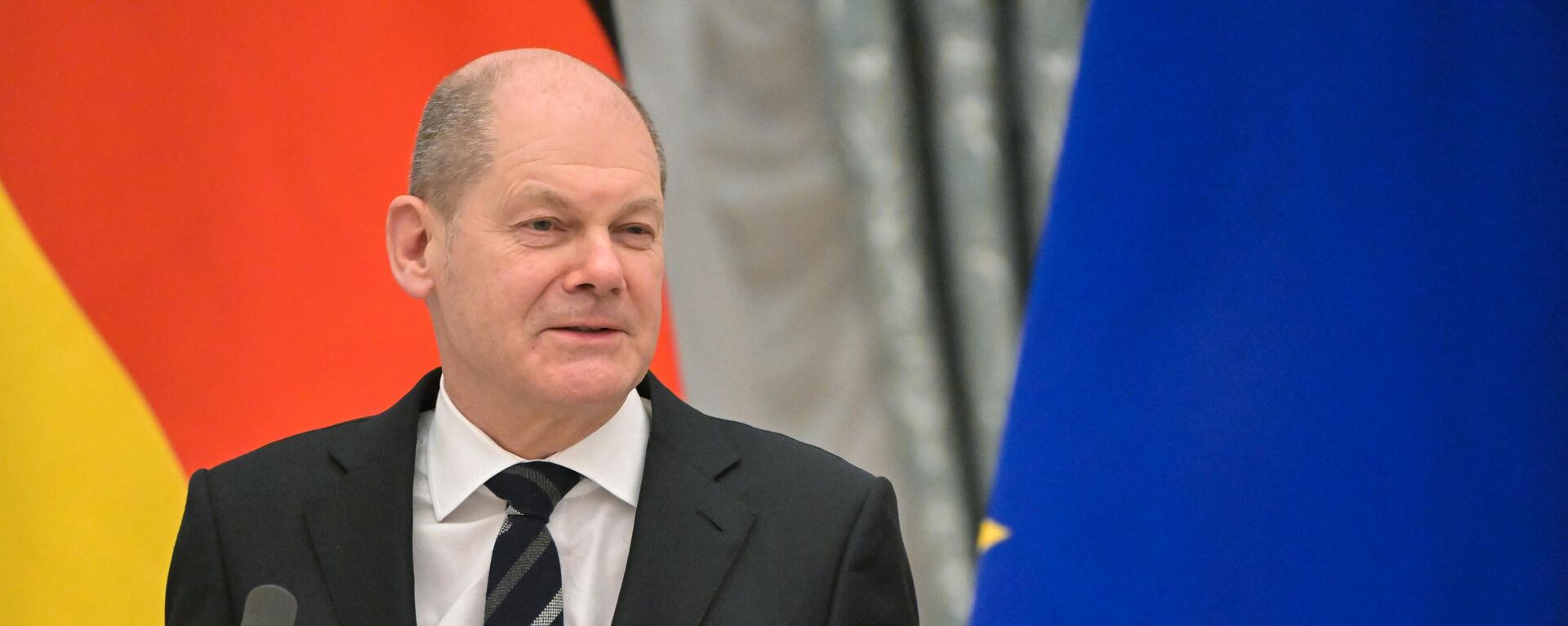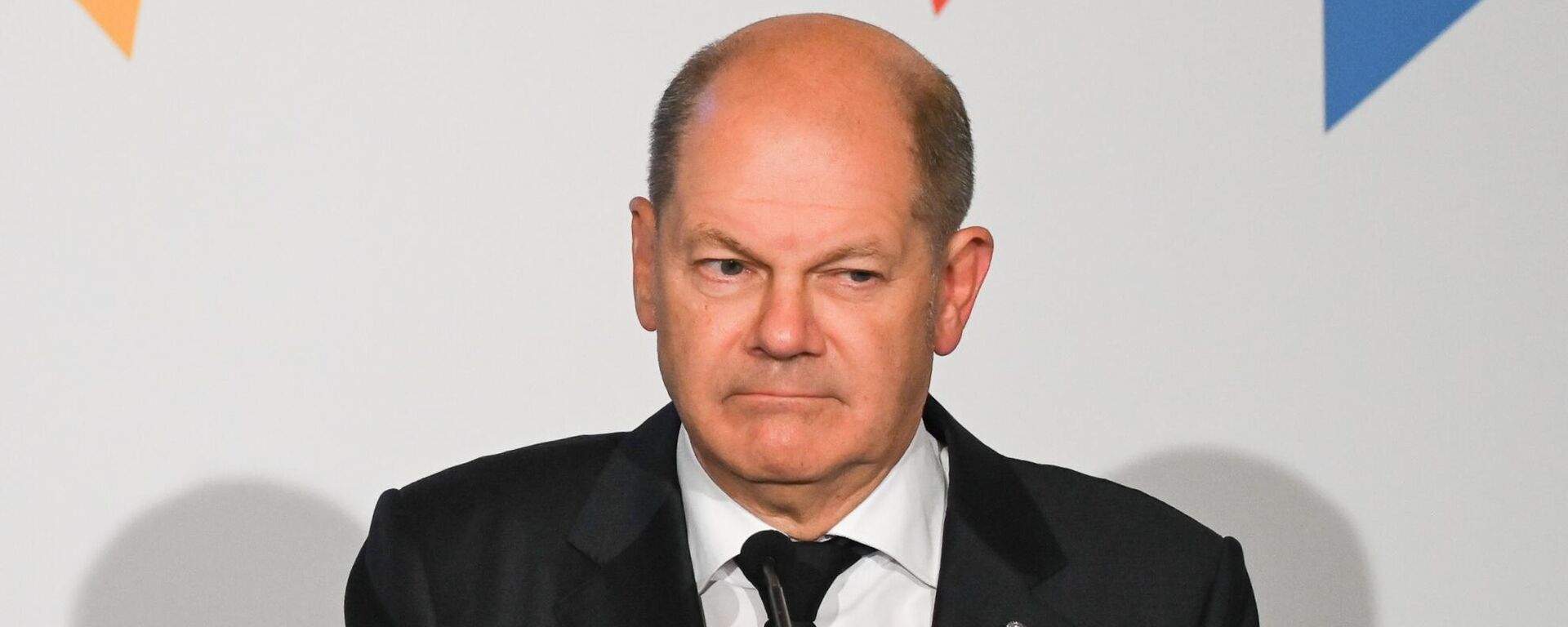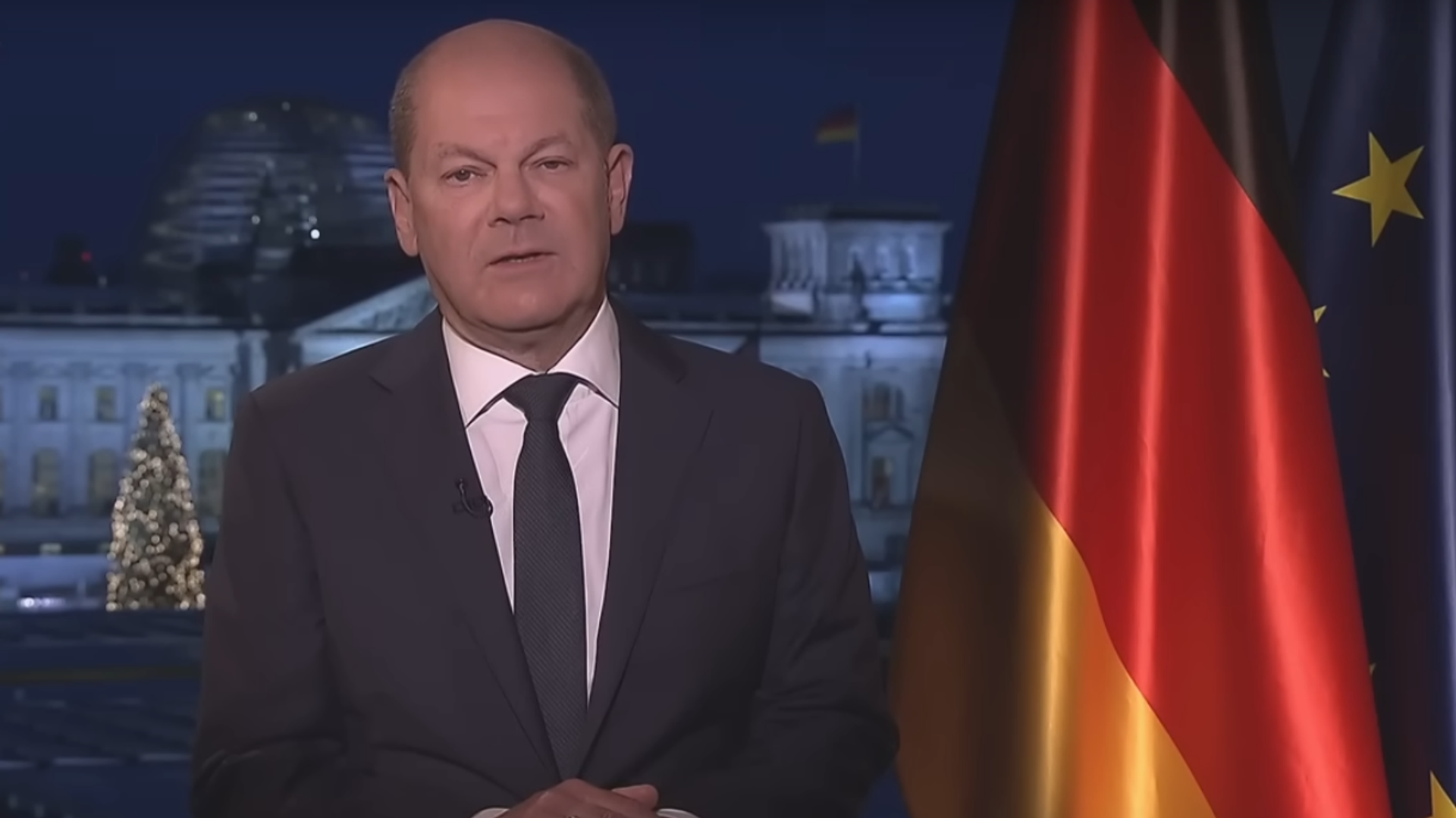https://sputnikglobe.com/20240101/what-problems-bother-germans-the-most-after-a-turbulent-2023-1115928142.html
What Problems Bother Germans the Most After a Turbulent 2023?
What Problems Bother Germans the Most After a Turbulent 2023?
Sputnik International
Under Scholz's leadership, Germany has struggled with major economic and leadership problems, particularly fiscal policies that have worsened inflationary pressures. Household budgets have tightened, leading to a decline in public trust and widespread dissatisfaction.
2024-01-01T17:31+0000
2024-01-01T17:31+0000
2024-01-30T10:35+0000
world
europe
olaf scholz
russia
ukraine
germany
free democratic party (fdp)
social democratic party
christian democratic union (cdu)
cannabis
https://cdn1.img.sputnikglobe.com/img/07e7/0c/1f/1115921081_0:0:1219:685_1920x0_80_0_0_d0f5e1841ff8a6af7b5069a70e300b4d.png
A recent survey by the opinion research institute Insa on behalf of “Bild am Sonntag” has unveiled what Germans see as priorities for Chancellor Olaf Scholz’s ruling coalition in 2024. The study highlighted the following discoveries:In 2023, the Scholz-led government grappled with many economic and leadership challenges that have eroded public trust and confidence. Persistent inflationary pressures, exacerbated by the government's fiscal policies, have squeezed household budgets and sparked widespread discontent.Additionally, the administration's perceived indecisiveness and lack of strategic direction on critical issues, such as energy policy since joining US sanctions on Russia, have further fueled skepticism among voters. Leadership crises within the coalition, marked by internal conflicts and policy disagreements, have undermined the government's effectiveness and cohesion.As Germany enters 2024, the lingering economic and leadership problems stemming from the Scholz government's tenure will likely cast a shadow over its ability to address pressing issues and navigate the complex political landscape.Looking ahead to 2024, the traffic light coalition faces a pivotal year with upcoming elections, including the European elections on June 9th, 2024, and regional elections in Saxony, Thuringia, and Brandenburg.Recent polls indicate a lead for the AfD (Alternative for Germany) in these eastern German states, potentially marking a significant shift in political dynamics.In Insa's latest "Sunday trend" survey, the traffic light parties continue to lag, with the SPD (Social Democratic Party) maintaining a 15 percent rating, unchanged from the previous week.Similarly, the Greens and the FDP (Free Democratic Party) hold steady at 12 percent and five percent, respectively.In contrast, the CDU/CSU remains the leading party with a consistent 32 percent rating. If elections were held today, the Union would emerge as the clear frontrunner, while the AfD would secure 23 percent. The Left party would fall short of representation in the Bundestag, polling at four percent.The upcoming elections will serve as a crucial referendum on the government's performance and capacity to regain public trust amidst growing challenges.
https://sputnikglobe.com/20231209/bizarre-plot-twist-scholz-blames-putin-for-high-energy-prices-in-europe-1115499893.html
https://sputnikglobe.com/20231223/new-low-for-scholz-as-approval-ratings-slip-14-points-in-latest-ranking-1115762565.html
russia
ukraine
germany
Sputnik International
feedback@sputniknews.com
+74956456601
MIA „Rossiya Segodnya“
2024
Chimauchem Nwosu
https://cdn1.img.sputnikglobe.com/img/07e7/09/01/1113046371_0:99:1536:1635_100x100_80_0_0_9c5c627283eca931c39fe4852bbb301c.jpg
Chimauchem Nwosu
https://cdn1.img.sputnikglobe.com/img/07e7/09/01/1113046371_0:99:1536:1635_100x100_80_0_0_9c5c627283eca931c39fe4852bbb301c.jpg
News
en_EN
Sputnik International
feedback@sputniknews.com
+74956456601
MIA „Rossiya Segodnya“
Sputnik International
feedback@sputniknews.com
+74956456601
MIA „Rossiya Segodnya“
Chimauchem Nwosu
https://cdn1.img.sputnikglobe.com/img/07e7/09/01/1113046371_0:99:1536:1635_100x100_80_0_0_9c5c627283eca931c39fe4852bbb301c.jpg
inflation concerns in germany, germany's affordable housing crisis, pension security, germany's migration challenges, energy supply, nursing shortage, education, support for ukraine, legalization of cannabis, german elections.
inflation concerns in germany, germany's affordable housing crisis, pension security, germany's migration challenges, energy supply, nursing shortage, education, support for ukraine, legalization of cannabis, german elections.
What Problems Bother Germans the Most After a Turbulent 2023?
17:31 GMT 01.01.2024 (Updated: 10:35 GMT 30.01.2024) Under Scholz's leadership, Germany has struggled with major economic and leadership problems, particularly fiscal policies that have worsened inflationary pressures. Household budgets have tightened, leading to a decline in public trust and widespread dissatisfaction.
A recent survey by the opinion research institute Insa on behalf of “Bild am Sonntag” has unveiled what Germans see as priorities for
Chancellor Olaf Scholz’s ruling coalition in 2024. The study highlighted the following discoveries:
Inflation Concerns: 57 percent of respondents still view combating inflation as a top priority for the federal government in 2024. This represents a decline of 6 percentage points from 2022.
Affordable Housing Crisis: Affordable housing remains a paramount concern for 55 percent of the participants. This issue has gained prominence, particularly among supporters of the SPD, Greens, and FDP, where 70 percent want urgent action.
Pension Security: Pension security resonates with 55 percent of survey takers, highlighting anxieties among the post-war generation, where 69 percent of those aged between 60 and 69 need immediate measures.
Migration Challenges: The migration issue has swelled in importance, with 51 percent identifying it as of critical concern — a marked increase of 18 percentage points from 2022, underscoring the government's struggle to forge a cohesive immigration policy.
Energy Supply: Securing the energy supply has diminished in urgency, now ranking as a top priority for only 50 percent of respondents — a decline of eleven percentage points from 2022, signaling potential shortcomings in the government's energy strategy.
Nursing Shortage: Addressing the nursing shortage is viewed as a pressing issue by 49 percent of participants, reflecting the government's challenge in healthcare reform and workforce planning.
Education: Education remains a focal point for 42 percent of respondents, highlighting the need for comprehensive educational reforms and investment.
Funneling Cash Into Ukraine: Support for Ukraine has waned, with only 15 percent of respondents prioritizing this issue — a decrease of six percentage points, raising questions about the government's foreign policy effectiveness.

9 December 2023, 16:17 GMT
In 2023, the Scholz-led government grappled with many
economic and leadership challenges that have eroded public trust and confidence. Persistent inflationary pressures, exacerbated by the government's fiscal policies, have
squeezed household budgets and sparked widespread discontent.
Additionally, the administration's perceived indecisiveness and lack of strategic direction on critical issues, such as energy policy since joining US sanctions on Russia, have further fueled skepticism among voters. Leadership crises within the coalition, marked by internal conflicts and policy disagreements, have undermined the government's effectiveness and cohesion.
As Germany enters 2024, the lingering economic and leadership problems stemming from the Scholz government's tenure will likely cast a shadow over its ability to address pressing issues and navigate the complex political landscape.
Looking ahead to 2024, the traffic light coalition faces a pivotal year with upcoming elections, including the European elections on June 9th, 2024, and regional elections in Saxony, Thuringia, and Brandenburg.
Recent polls indicate a lead for the AfD (Alternative for Germany) in these eastern German states, potentially marking a significant shift in political dynamics.
In Insa's latest "Sunday trend" survey, the traffic light parties continue to lag, with the SPD (Social Democratic Party) maintaining a 15 percent rating, unchanged from the previous week.
Similarly, the Greens and the FDP (Free Democratic Party) hold steady at 12 percent and five percent, respectively.
In contrast, the CDU/CSU remains the leading party with a consistent 32 percent rating. If elections were held today, the Union would emerge as the clear frontrunner, while the AfD would secure 23 percent. The Left party would fall short of representation in the Bundestag, polling at four percent.
The upcoming elections will serve as a crucial referendum on the government's performance and capacity to regain public trust amidst growing challenges.

23 December 2023, 10:48 GMT





